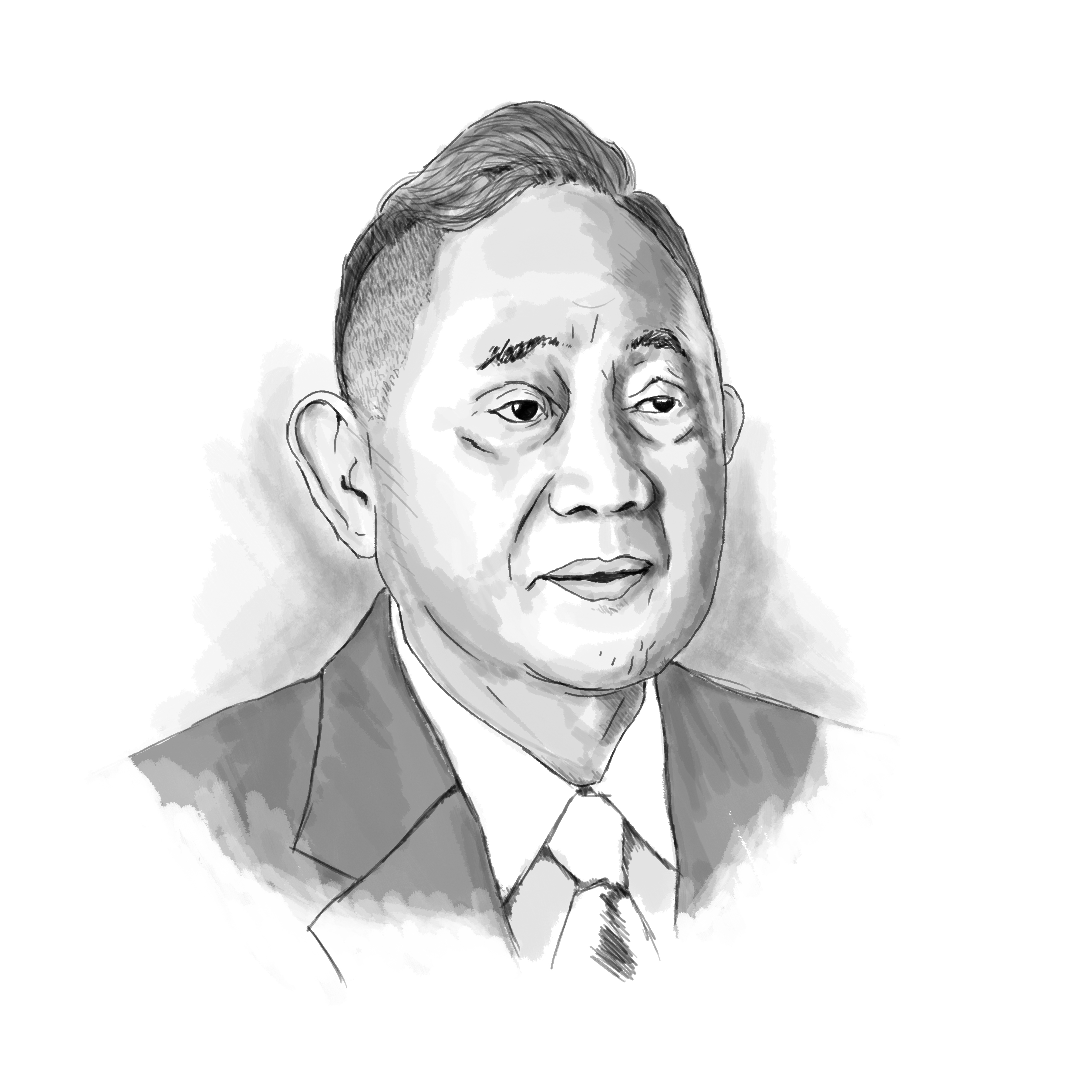The role of political parties in promoting global peace
PEACE-MAKER

Political parties are often viewed as the lifeblood of democratic governance, shaping policies and directing the future of nations. Yet, their influence extends far beyond the borders of their own countries. In an increasingly interconnected world, political parties have a vital role to play in promoting peace, reconciliation, and cooperation at both national and international levels. By engaging in dialogue and fostering collaboration across continents, they can become powerful agents for unity in a divided world.
The challenges facing the global community — ranging from climate change to armed conflicts and economic inequality — demand coordinated responses. Political parties are uniquely positioned to bridge divides, as they represent diverse constituencies and perspectives. This is particularly evident when parties prioritize dialogue with their counterparts in other regions, such as Asia, Latin America, Europe, and Africa. Through these engagements, they can share experiences, learn from one another, and develop strategies to address shared concerns.
The International Conference of Asian Political Parties (ICAPP) exemplifies how political parties can work together to build a more peaceful and cooperative global community. Since its inception in 2000, ICAPP has provided a platform for dialogue, fostering understanding and collaboration among political parties in Asia and beyond. By promoting mutual respect and partnership, it helps dismantle barriers of misunderstanding and mistrust.
The recently concluded 12th General Assembly of ICAPP, held in Phnom Penh, Cambodia, underscored the organization’s commitment to global peace and reconciliation. With the theme “A Quest for Peace and Reconciliation,” the assembly brought together representatives from political parties across Asia as well as other continents to address pressing global issues. It highlighted the importance of fostering partnerships not only within Asia but also with political parties in Latin America, Europe, and Africa. By engaging in these cross-regional dialogues, parties can build trust, exchange ideas, and collectively work toward solutions that benefit humanity as a whole.
ICAPP’s approach is a reminder of the value of soft power in international relations. Unlike traditional state diplomacy, which can be constrained by official mandates and geopolitical rivalries, dialogue between political parties allows for more candid discussions and innovative problem-solving. This people-centered diplomacy has the potential to break deadlocks and open avenues for peacebuilding.
The engagement of political parties in international dialogue also reinforces the importance of inclusivity. When parties representing diverse ideologies and cultures come together, they enrich the discourse and ensure that global solutions reflect a wide range of perspectives. Such inclusivity strengthens the legitimacy and effectiveness of collective action, laying the groundwork for more sustainable peace and development.
As the world grapples with complex challenges, the role of political parties in promoting peace and reconciliation cannot be overstated. Platforms like ICAPP demonstrate the power of dialogue and collaboration in addressing shared concerns and fostering unity. By continuing to build bridges across continents, political parties can help create a world where peace and development are not just ideals but tangible realities. The 12th General Assembly in Phnom Penh serves as a beacon of hope, reminding us that cooperation knows no borders and that a more peaceful future is possible when we work together.